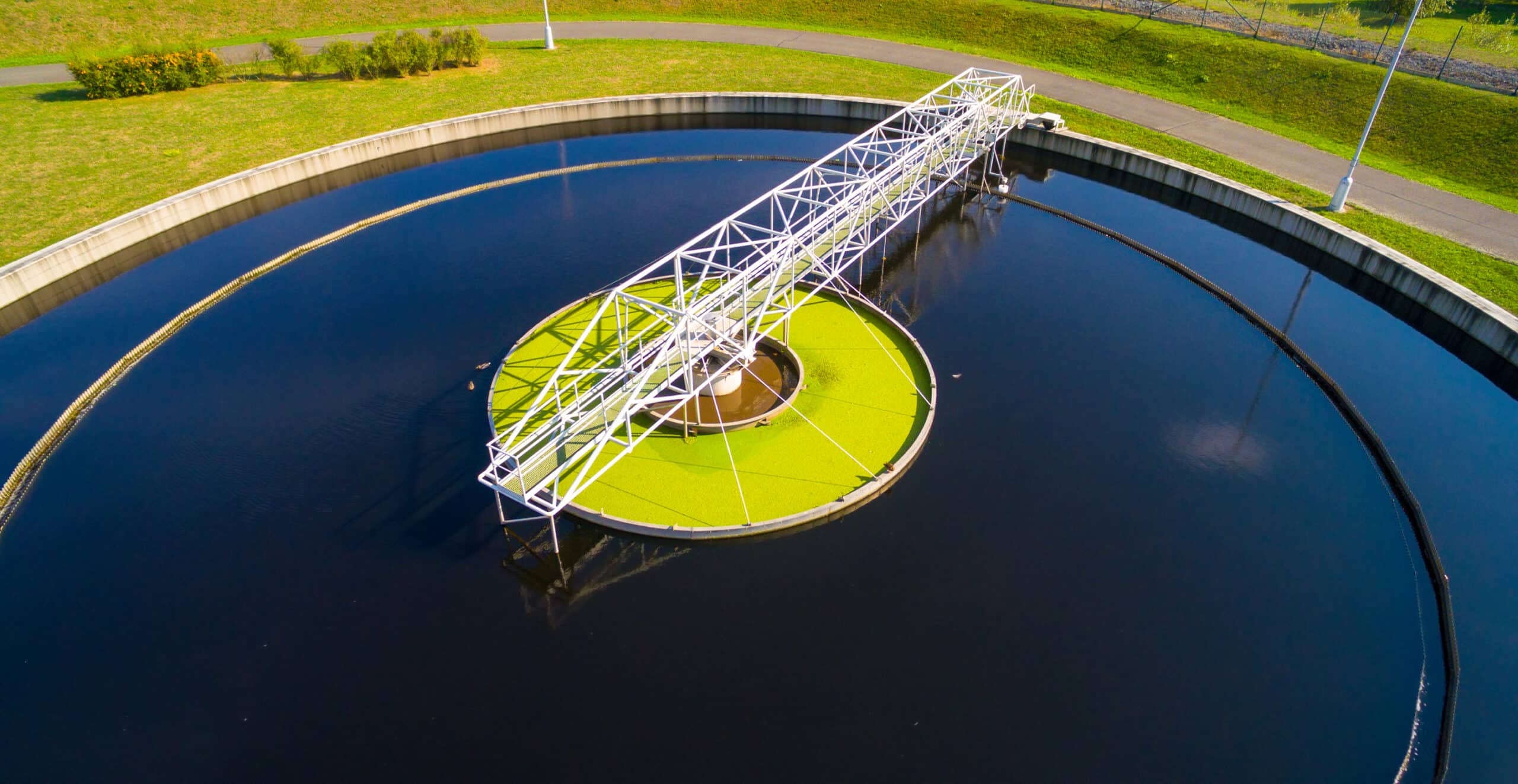Even if controlling gases and odours from wastewater weren’t troubling enough, every community needs to treat its wastewater because of the serious health problems it can cause. Although this may seem obvious, untreated wastewater is still the root cause of much environmental damage and human illness, misery, and death around the world. Sometimes it is useful to re-examine basic ideas like why wastewater treatment is important, especially today when so many communities need to save money and reprioritize their needs and funding for public projects
Diseases resulting from bad hygiene rank among the leading causes of ill-health. Adequate facilities for the proper collection, treatment, and disposal of wastewater-all essential to protecting the environment and the health of the public. The fact is that ensuring proper wastewater treatment and disposal is as important for protecting community health as drinking water treatment, garbage collection, and immunization programs. Untreated wastewater can spread disease and contaminate drinking water sources.
‘MABR’ stands for ‘membrane-aerated biofilm reactor’.
An MABR is an alternative aerobic biological treatment process to MBRs (membrane bioreactors). At the heart of the MABR, is a self-respiring, spirally wound membrane sleeve that passively delivers oxygen directly into the wastewater so that helpful bacteria can grow. An aerobic bacterial biofilm forms on the large surface area of the oxygen-rich membrane, while anaerobic bacteria flourish in the anoxic environment of the rest of tank.
- Aspiral™ Smart Packaged Wastewater Treatment. Aspiral is an ideal solution for small- to medium-sized plants serving small towns, villages, residential communities, resorts, hotels, commercial complexes, worker encampments, and more. Aspiral’s efficiency makes it ideal for decentralised wastewater treatment off the grid since its low energy needs can be supplied by alternative sources.
- SUBRE, which retrofits existing wastewater treatment plants with submerged MABR modules. When a conventional activated sludge wastewater treatment facility has reached its limit, SUBRE can improve effluent quality, lower the use of chemicals, save energy and operational costs, and increase capacity.
The installations in Africa have already yielded amazing results and has sparked the interest of many organizations, that are looking for low CAPEX and OPEX infrastructure solutions. Many organizations on the African continent, even the small ones, have resorted to new technology to stay competitive in saturated and suffocating business conditions – during the age of an entrepreneurial and economic burst from the young population.
Humanity is at the near peak of a civilizational paradigm, and it has come at odds with the challenges it faces. One would look at technology as a tool for a society’s efficiency, a sign of its advancement in innovation and norms. For every phase of human progress, there are times when evolution becomes inevitable. New technology for the future of Africa has become necessary and accessible.

